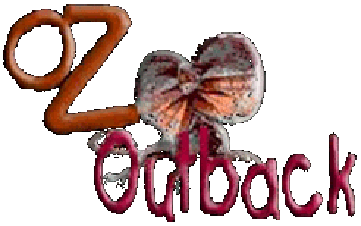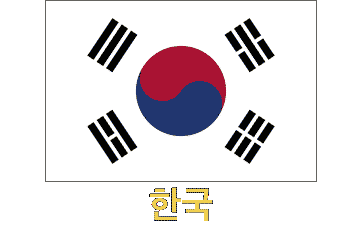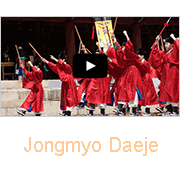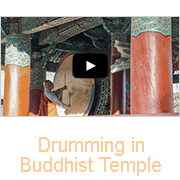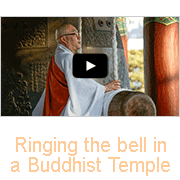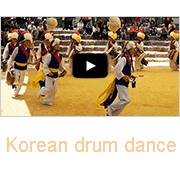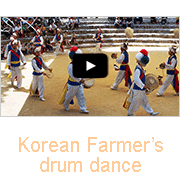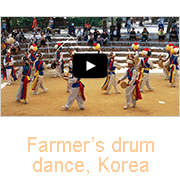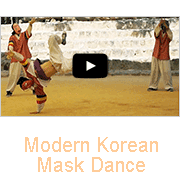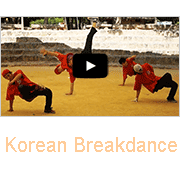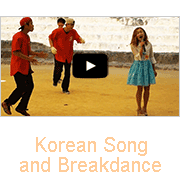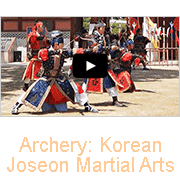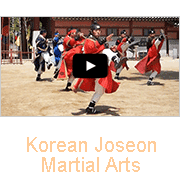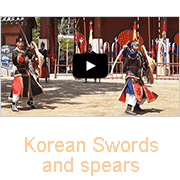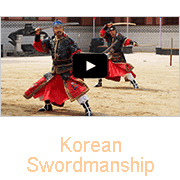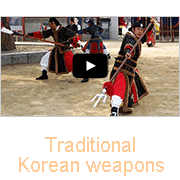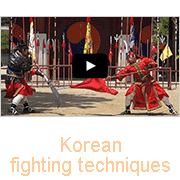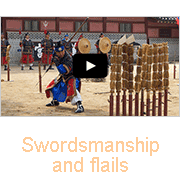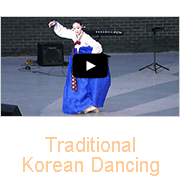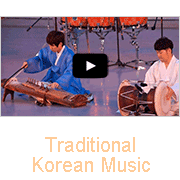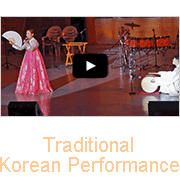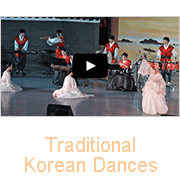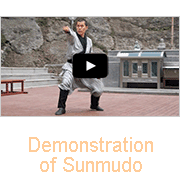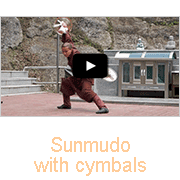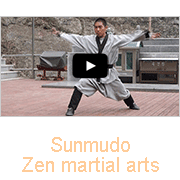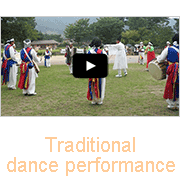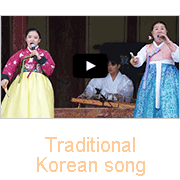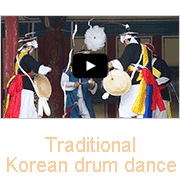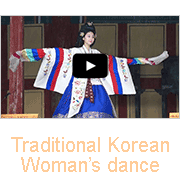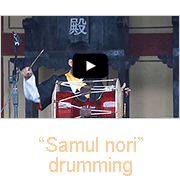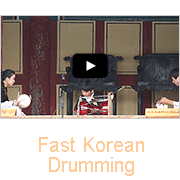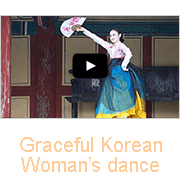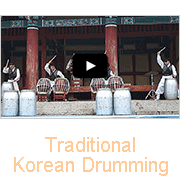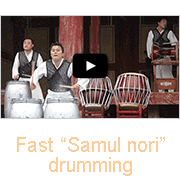Korean Cultural Videos, Korea
Cultural Videos of Korea
Korea has a rich traditional culture. Many aspects of it were suppressed during the Japanese occupation in the second half of the 20th century, but it has seen a strong revival. In Seoul, the ancient Confucian ceremony of Jongmyo Jerye or Jongmyo Daeje is held every year on the first Sunday of May at Jongmyo, the Royal Ancestral Shrine of the Joseon Dynasty, that ruled Korea from 1392 to 1897. It is to honour the past kings and their consorts, whose mortuary tablets are enshrined there. The Jongmyo Jeryeak, a performance with ritual music, dance, and hymns to honour the deceased monarchs’ achievements, is performed at the Yeongnyeongjeon shrine.
Traditional Korean Martial Arts are demonstrated daily in Joseon period costumes at the reconstructed Hwaseong Haenggung Palace in Suwon, the main gate in front of the Sinpungmun. Folk music and traditional farmer’s dances can be observed in the different “Folk Villages”, like the Korean Folk Village near Suwon, south of Seoul and Naganeupseong Folk Village near Suncheon in Jeollanam-do. In Bomun Tourist Resort, 5 kilometres from the city of Gyeongju, traditional Korean song and dance performances can be seen in the Bomun Outdoor Performance Hall.
Buddhism is strong in Korea, and mostly of the Seon (Zen) lineage; in its temples, monks may be observed playing the large Dharma drum and ringing the large bronze bell before dusk, indicating time for their rituals, like at Bongeunsa, a 1200-year-old Buddhist temple in Gangnam, Seoul. And at Golgulsa (“Stone Buddha Temple”), 20 kilometres east of Gyeongju, Sunmudo (“Bulgyo Geumgang Yeong Gwon”), a kind of traditional Buddhist martial art, may be observed. This “Zen Martial Arts” training method is designed “to extinguish worldly pains and attain enlightenment, harmonising mind and body”.
